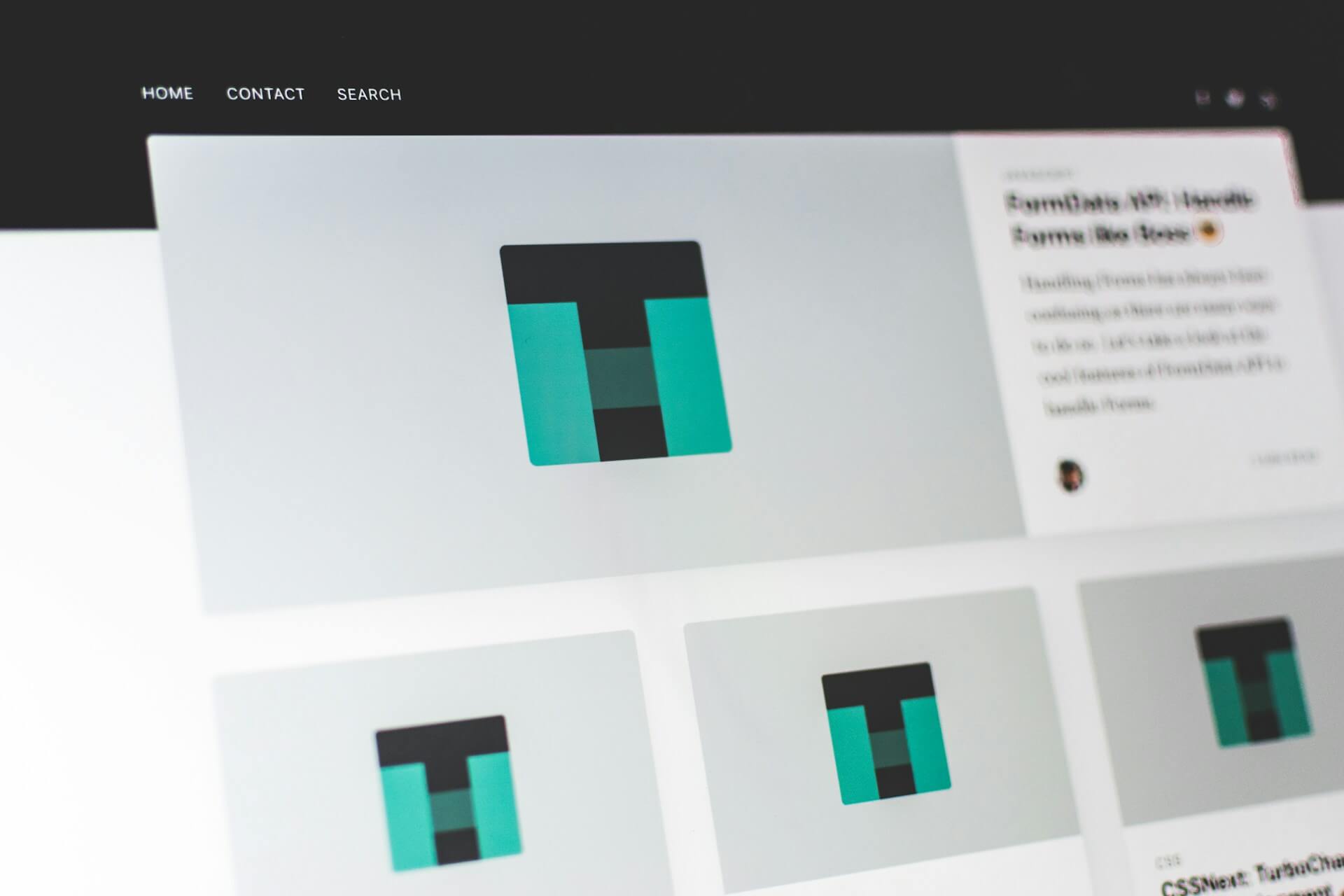
Can a Solo Developer Build a Successful SaaS App with the Right Stack?
In today’s tech-driven world, the SaaS (Software as a Service) model has revolutionized how businesses and consumers interact with software. Many developers dream of creating the next big SaaS product, but there’s one pressing question: can a solo developer build a successful SaaS app alone, without the backing of a large team?
With the right approach, a solo developer can indeed bring a SaaS idea to life. This journey requires strategic planning, dedication, and the right tech stack, but the results can be well worth it. In this article, we’ll explore the potential obstacles, strategies, and real-life examples to help solo developers understand what it takes to create a successful SaaS application.
The Key Challenges for Solo Developers
Building a SaaS app independently isn’t without its hurdles. Here are some of the main challenges solo developers encounter:
- Time Management: Developing a SaaS product requires balancing multiple roles: developer, designer, marketer, and customer support. Managing time effectively is essential, but keeping up with every aspect of the app’s lifecycle alone can be difficult.
- Skill Diversity: A SaaS application demands a diverse skill set, from back-end coding and front-end design to understanding UI/UX principles and marketing strategies. For a solo developer, expanding beyond core technical skills may require extra time and effort to learn.
- Scalability Concerns: SaaS applications are designed to scale, but building scalable infrastructure as a single developer is complex. The app's growth can lead to challenges if the foundational architecture isn’t designed to handle an increasing user base.
- Maintenance and Updates: Maintenance is ongoing once the app is live. This includes fixing bugs, adding new features, and addressing security issues. For a solo developer, keeping up with these demands can be overwhelming.
Despite these challenges, the right approach and mindset can help overcome them, making it possible for a solo developer to build and launch a SaaS app.
Why It’s Possible (and How) for Solo Developers to Succeed
With today’s tech landscape, there are more resources than ever to help solo developers succeed:
- Modern Tools and No-Code Solutions: Frameworks and no-code tools have transformed the development process. Tools like Firebase, Bubble, and Webflow allow developers to quickly build essential app functions without extensive backend work, freeing up time for refining and scaling the app.
- Outsourcing and Automation: Solo developers don’t need to do everything alone. Outsourcing specific tasks, like marketing or customer service, can be a cost-effective way to fill in skill gaps. Automated tools for customer support (chatbots), billing, and marketing can streamline operations without requiring extra personnel.
- Community and Open Source: Online communities and open-source libraries provide support, code, and resources. Platforms like GitHub offer code that can serve as a starting point or provide solutions for complex tasks, saving valuable time and allowing developers to focus on unique app features.
- Monetization Options: SaaS apps can be monetized through various revenue models, including subscription plans, pay-per-use, and freemium. Subscription-based pricing is particularly manageable for solo developers, allowing for recurring revenue without excessive scaling demands early on.
With these resources, solo developers have the foundation to turn an idea into a functional, marketable SaaS app.
Strategies for Building a Successful SaaS App as a Solo Developer
Success for a solo developer hinges on using strategic development practices:
- Start with an MVP: Developing a Minimal Viable Product (MVP) allows a developer to focus on the core functionality that users need most. Launching with an MVP helps test the market and provides valuable user feedback before scaling up.
- Agile Development: Agile methodologies are perfect for solo developers, emphasizing quick iterations based on feedback. This helps address user needs promptly and enhances the app over time without overwhelming the developer with too many features at once.
- Prioritize User Experience (UX): A simple, intuitive UX can set your SaaS app apart. Focusing on ease of use will reduce support needs and increase user satisfaction. Small details like streamlined onboarding or clear navigation can make a big difference in user retention.
- Choosing the Right Tech Stack: Using efficient, versatile languages like JavaScript can reduce the complexity of building and maintaining an app. JavaScript frameworks (like Node.js for backend or React for frontend) are popular for SaaS products and can simplify development for solo developers.
- Marketing as a Solo Developer: Effective marketing doesn’t require a team. Solo developers can utilize content marketing (blogs, tutorials), social media, and email marketing to promote their products. A well-maintained LinkedIn profile, a Twitter account to share updates or even a dedicated YouTube channel can help build an audience.
Using these strategies, a solo developer can build, refine, and promote a SaaS app to a potentially large user base.
Real-world Examples and Success Stories
Many successful SaaS products have humble beginnings, and some were developed by solo developers. Here are a few inspirational examples:
- Nomad List: Created by Pieter Levels, Nomad List is a SaaS platform for digital nomads to find the best places to work remotely. Starting as a solo project, Levels used feedback and his community’s needs to iteratively grow the app into a sustainable business.
- Buffer: Joel Gascoigne initially developed Buffer, a social media scheduling tool, alone. By focusing on a simple MVP and leveraging customer feedback, Buffer attracted early adopters and became a successful SaaS product. Although the company eventually expanded, the foundation was laid by a solo developer.
- Transistor. FM: Justin Jackson and Jon Buda built a Transistor. fm as a side project. Though not strictly solo, their small startup team shows that even two-person teams can create robust SaaS products by prioritizing simplicity and user value.
These examples show that with the right focus, even one or two people can build a SaaS product that users love.
Conclusion: Is It Right for You?
The path to building a SaaS app as a solo developer is undoubtedly challenging, but it’s also highly achievable. Success doesn’t come overnight, and it requires a strategic approach to manage development, marketing, and user engagement. By starting small, leveraging automation, and prioritizing core functionality, solo developers can indeed bring their SaaS ideas to life.
If you’re considering this journey, ask yourself: Do you have the drive to wear multiple hats? Can you stay motivated through inevitable roadblocks? If the answer is yes, then building a SaaS app solo dev could be a fulfilling and rewarding endeavor.
Are you a solo developer working on a SaaS app? Share your experiences or tips in the comments below. We’d love to hear about your journey and learn from each other!




